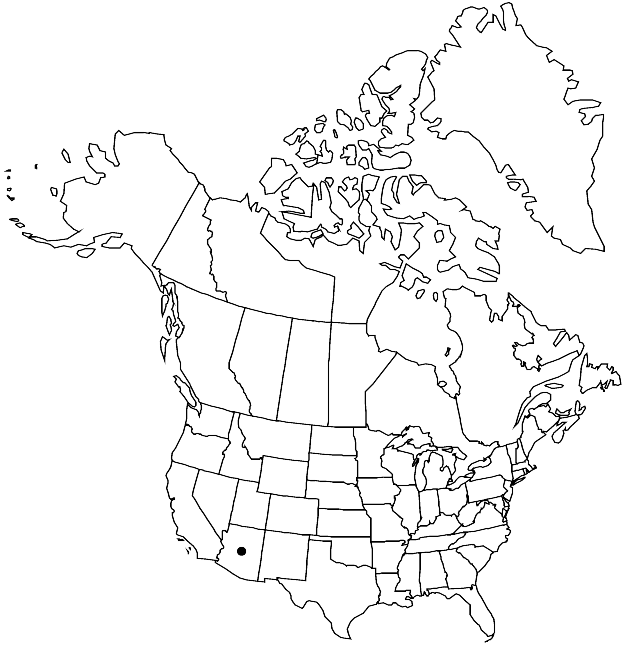Difference between revisions of "Rauiella praelonga"
Taxon 11: 222. 1962.
FNA>Volume Importer |
FNA>Volume Importer |
||
| Line 7: | Line 7: | ||
|year=1962 | |year=1962 | ||
}} | }} | ||
| − | |basionyms={{Treatment/ID/ | + | |basionyms={{Treatment/ID/Basionym |
|name=Pseudoleskea praelonga | |name=Pseudoleskea praelonga | ||
|authority=Schimper ex Bescherelle | |authority=Schimper ex Bescherelle | ||
| + | |publication_title=Mém. Soc. Natl. Sci. Nat. Cherbourg | ||
| + | |publication_place=16: 233. 1872 | ||
}} | }} | ||
|synonyms={{Treatment/ID/Synonym | |synonyms={{Treatment/ID/Synonym | ||
| Line 59: | Line 61: | ||
|publication year=1962 | |publication year=1962 | ||
|special status= | |special status= | ||
| − | |source xml=https://jpend@bitbucket.org/aafc-mbb/fna-data-curation.git/src/ | + | |source xml=https://jpend@bitbucket.org/aafc-mbb/fna-data-curation.git/src/f6b125a955440c0872999024f038d74684f65921/coarse_grained_fna_xml/V28/V28_595.xml |
|genus=Rauiella | |genus=Rauiella | ||
|species=Rauiella praelonga | |species=Rauiella praelonga | ||
Revision as of 19:46, 24 September 2019
Stems 2–3(–6) cm, branches to 1 cm, usually shorter; paraphyllia usually unbranched. Stem leaves spreading to wide-spreading when moist, broadly ovate; margins usually recurved proximally, plane in acumen, rarely erect; apex abruptly acuminate; laminal cells 5–6 µm wide, papillae 3–5. Branch leaves erect when dry, spreading to wide-spreading when moist, 0.4 mm; apex gradually broadly acuminate; costa pellucid proximally; laminal cells 5–6 µm wide, papillae 4–6; apical cell pointed, smooth. Perichaetial leaves 2.5 mm. Seta 1–1.5 cm. Capsule with operculum stoutly apiculate; endostome segments not or narrowly perforate, cilia in groups of 1 or 2. Spores 17 µm, finely papillose.
Phenology: Capsule maturity unknown.
Habitat: Dead branches, rock
Elevation: moderate elevations
Distribution

Ariz., Mexico, West Indies, Central America, South America, e, s Africa.
Discussion
Rauiella praelonga, occurring only rarely in the southwestern part of the flora area, differs from R. scita by the shorter acumen of the stem leaves and the smooth apical cell of the branch leaves. The species probably grows in mostly exposed habitats.
Selected References
None.